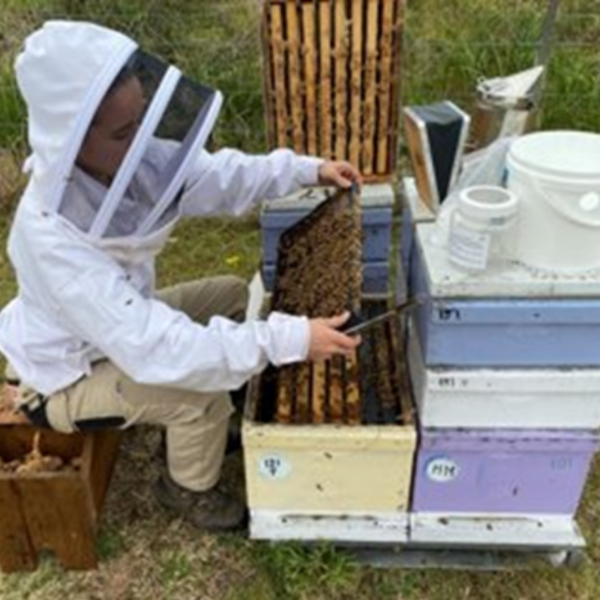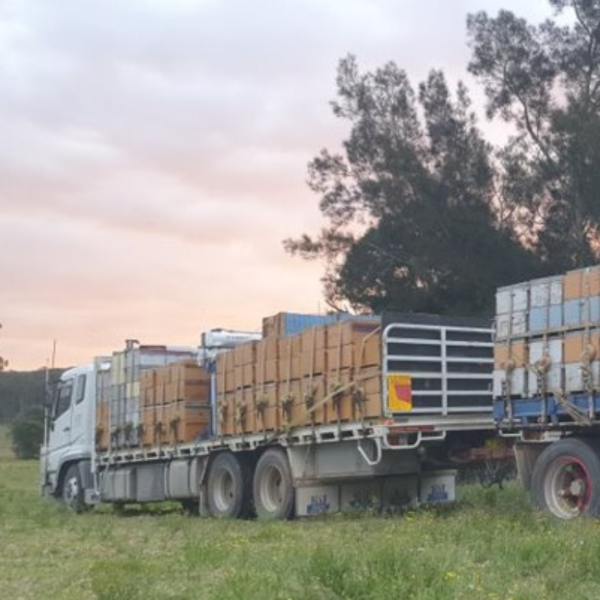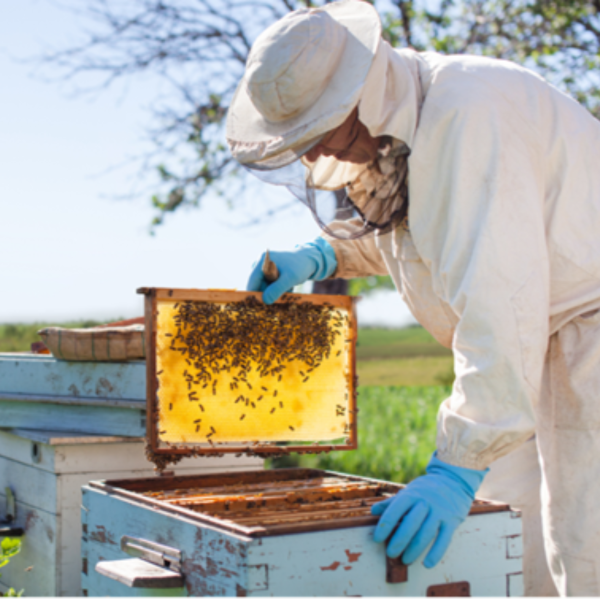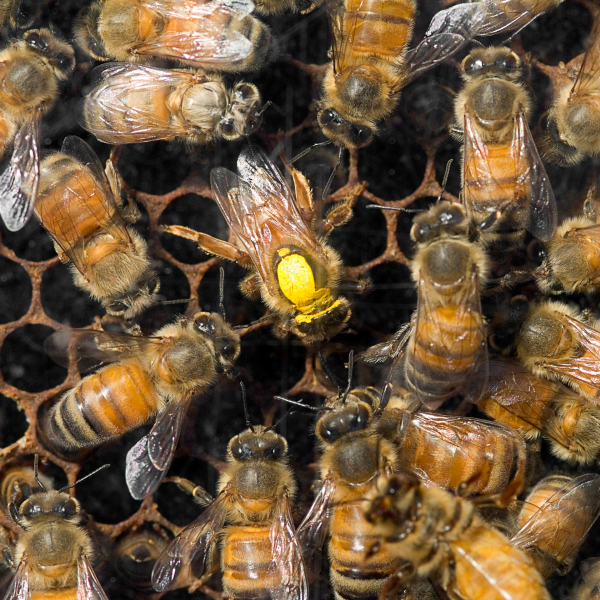
Varroa mite transition to management
The Varroa destructor mite is now considered established in New South Wales. Varroa is a notifiable pest under the Biosecurity Act 2015 and Biosecurity Regulation 2017, so beekeepers are required to monitor and report its presence.

Varroa incursion history
Varroa mite (Varroa destructor) was first detected in DPI surveillance hives at the Port of Newcastle in June 2022. The Varroa mite Response was established immediately and became a national response funded and supported by Commonwealth, state and territory governments as well as contributing industries.
The response quickly became the largest multi-agency plant biosecurity response in Australia's history, and sought to carefully manage biosecurity risk, protect agricultural industry and maintain business continuity.
The Varroa mite Response is overseen by the Consultative Committee on Emergency Plant Pests (CCEPP) and the National Management Group (NMG). The NMG is made up of representatives from the Federal Government, every state and territory department and executives from relevant peak industry bodies and Plant Health Australia.
On 13 February 2024 the NMG approved the next phase of the national Transition to Management (T2M) plan for Varroa mite. The T2M plan aims to increase resilience and minimise ongoing impacts of varroa mite naturalisation across Australia's bee and pollination-dependent industries.
This phase of the plan focuses on increased training to help beekeepers prepare and manage the pest.

What happens now?
A national Varroa education program is being rolled out to train beekeepers and pollination-dependent industries prepare and manage the pest.
Beekeepers are required to inspect their own hives for pests and diseases, as per their General Biosecurity Duty and the Code of Practice. All detections of Varroa must be reported. Report detections here.
Information on management best practice are provided in our Primefact

What does transition to management of Varroa mite mean?
The transition to management program aims to increase resilience and capacity to manage Varroa mite within the Australian honey bee industry, thereby minimising the impact of Varroa mite naturalisation on bee and pollination reliant industries. This will occur through slowing the spread, building industry resilience, providing management options and supporting pollination security.

What must all beekeepers do?
Beekeepers must regularly inspect their hives for pests and diseases. Beekeepers must report all detections of varroa mite.

Varroa mite Primefact
To learn more about Varroa biology and monitoring, read the Varroa mite Primefact

Varroa mite legislation
Links to the The Biosecurity Act 2015 and all subordinate legislation including Biosecurity Regulation 2017 are available here.

Varroa Management Training
The National Varroa Mite Management Program is delivering a series of workshops for beekeepers, to help you understand Varroa mite and how to manage it in your hives.
Find out more about the training, upcoming NSW workshops and register for workshops here.
The training workshops are being held across various locations aiming to reach as many beekeepers as possible. If there is no workshop listed for your area, let us know so that we can consider it as we schedule more training.

National Varroa Mite Response Plan
To find our more about the current National Varroa Mite Response Plan you can read the following response plan summaries.
The Varroa Emergency Response Hotline, accessed via the Exotic Plant Pest Hotline 1800 084 881, is operational Monday to Friday 9am - 5pm.
Varroa mite heat map
This interactive map shows where Varroa mite detections have been reported. The legend has different colours to represent the number of detections in each area. The map is updated weekly.
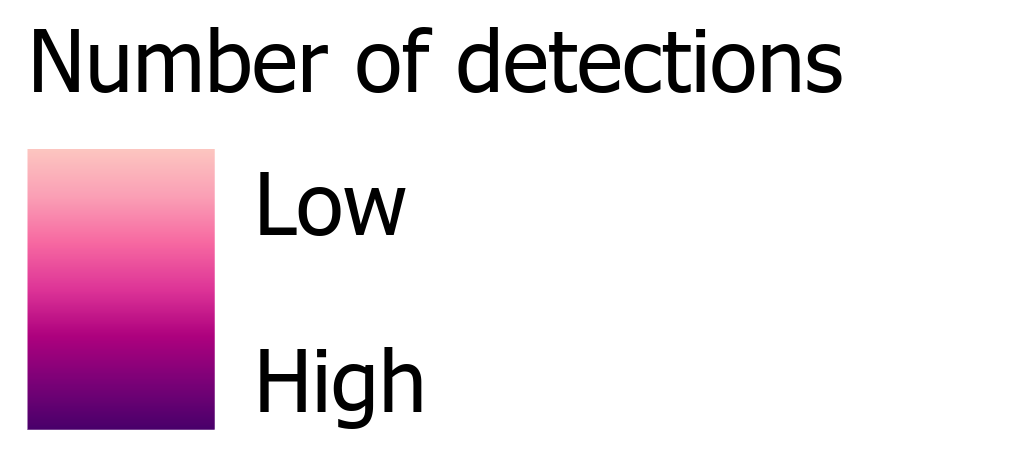
Your wellbeing
Read our Assistance Guide for Beekeepers (PDF, 231.53 KB) for various assistance services available to impacted beekeepers.
There are free and confidential support services available to all beekeepers during this difficult time and we encourage beekeepers to access small business and mental health and wellbeing support early.
Small business support is available to beekeepers through:
- Rural Financial Counselling Service on 1800 344 090
- Small Biz Connect on 1300 134 359
The Varroa mite emergency response may impact people’s mental and emotional wellbeing.
Stressful events can cause feelings of worry and unease, especially where there are levels of uncertainty involved, but there are things you can do to take care of yourself.
In tough times we need to remember to look after ourselves. As much as possible, maintaining routines with good diet, exercise, and sleep will increase your capacity to deal with stress.
This is the time to stay connected with family and friends and seek for support when you need it.
Mental health support is available from:
- NSW Mental Health Line, 1800 011 511 (24/7)
- Beyond Blue, 1300 22 46 36
- Lifeline, 13 11 14
- Rural Adversity Mental Health Program
- Rural Aid Mental Health & Wellbeing Line (Mon to Fri 9am – 5pm), 1300 175 594

